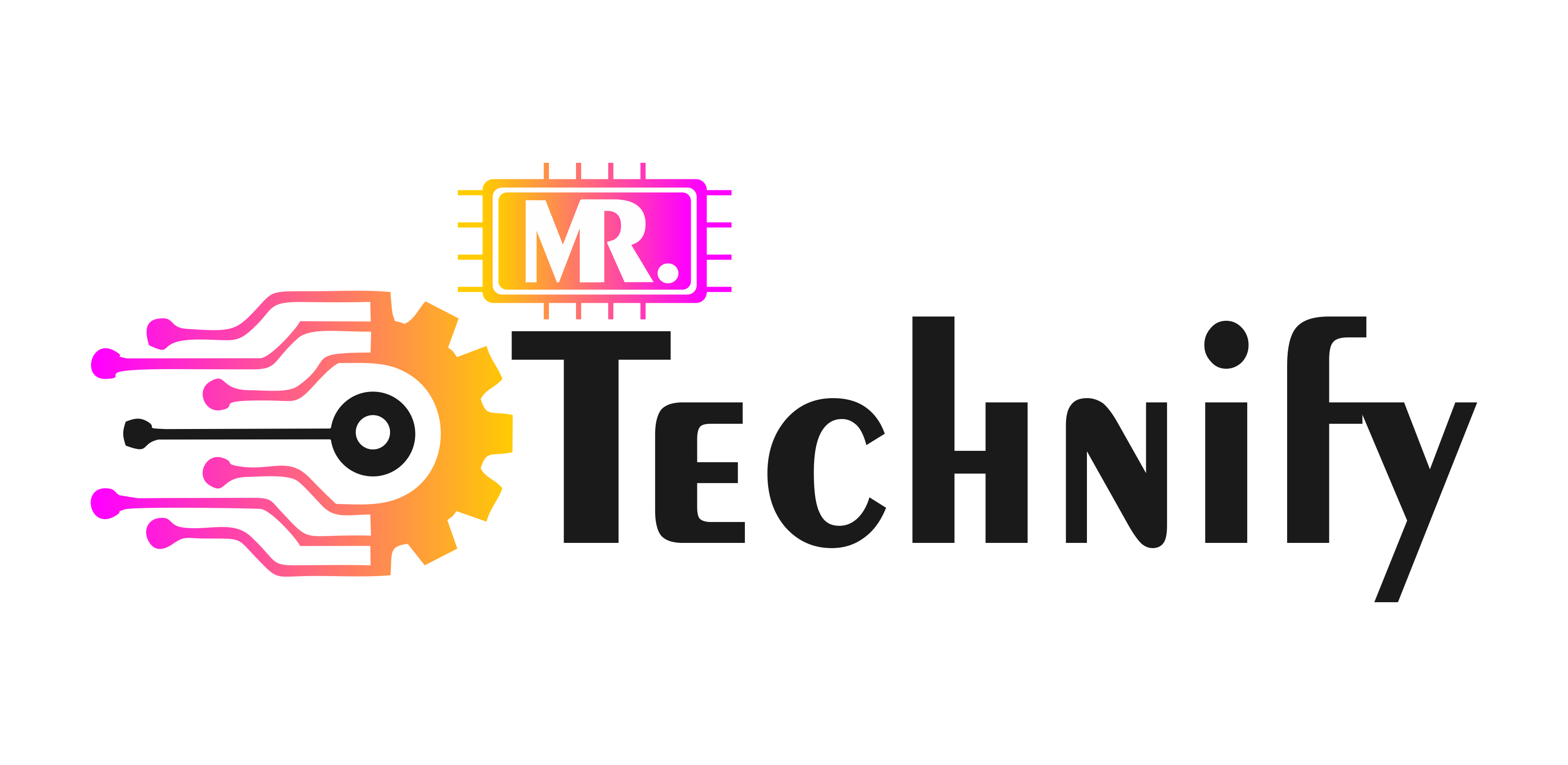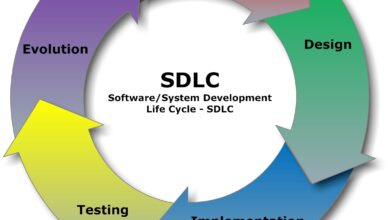Introduction to ERP Software Solutions
Have you ever wondered how large organizations manage their myriad operations so seamlessly? Often, the secret sauce is ERP or Enterprise Resource Planning software. Let’s dive into the world of ERP software solutions, shall we?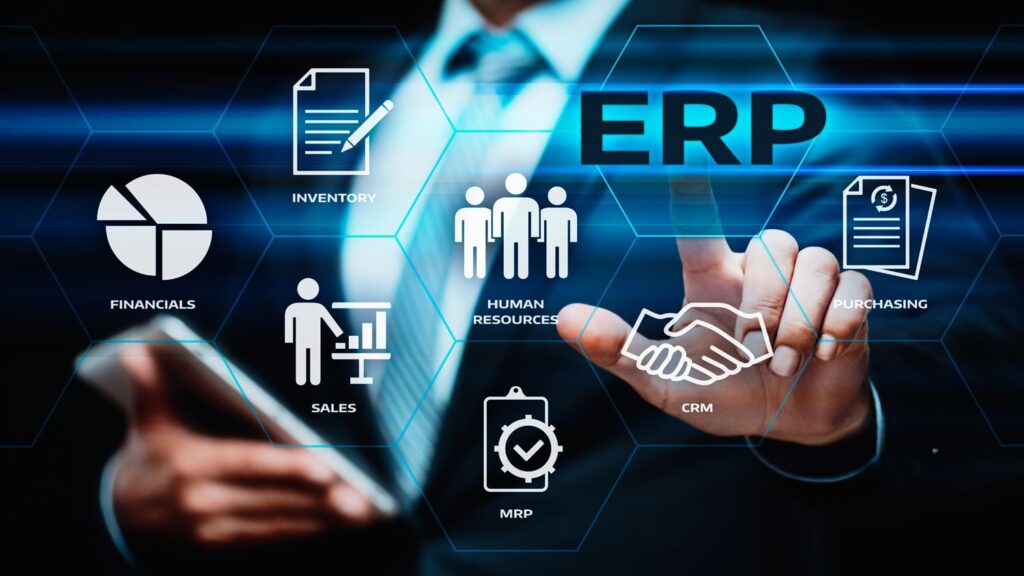
-
What is ERP?
ERP stands for Enterprise Resource Planning. It’s a comprehensive software solution integrating multiple business processes and functions into a unified system.
-
Evolution of ERP
ERP has advanced significantly since its inception as a simple inventory management system in the 1960s. Modern systems are complex platforms that manage everything from financial management to human resources.
-
Critical Components of an ERP System
A typical ERP system comprises various modules like finance, human resources, sales, inventory, etc. Each module interacts with others, providing a cohesive and streamlined business process.
Benefits of Using ERP Software Solutions
ERP systems are more than just a business buzzword. They offer tangible benefits.
-
Streamlined Processes
Gone are the days of siloed departments. With ERP, all departments access a unified database, resulting in smoother workflows and processes.
-
Data Accuracy and Consistency
Since there’s only one source of truth, discrepancies, and data mismatches are significantly reduced.
-
Improved Decision Making
Making educated judgments is simple when you have real-time data at your fingertips. Keep in mind that information is power!
Different Types of ERP Systems
Like ice cream, ERP systems come in different flavors. Which one’s best for you?
-
Cloud-based ERP
Cloud-based solutions offer flexibility and scalability, accessible from anywhere with an internet connection.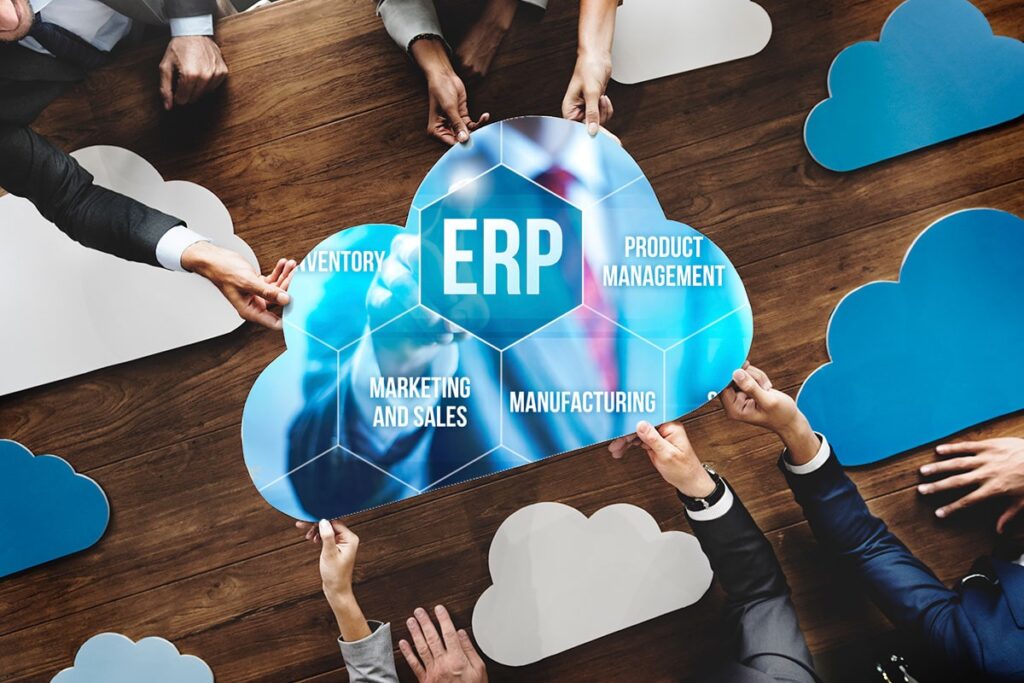
-
On-premise ERP
Installed on a company’s servers and computers, on-premise solutions offer more control but can be costlier in the long run.
-
Hybrid ERP
Hybrid systems are a combination of cloud and on-premise solutions.
Factors to Consider When Choosing an ERP Solution
Choosing an ERP system’s not the same as purchasing a new pair of shoes. There is a lot to think about.
-
Business Needs Analysis
Before jumping in, understand your business needs. What problems are you looking to solve?
-
Scalability and Flexibility
Can the system grow with your business? It should handle more users, data, and complexity as your business expands.
-
Integration Capabilities
Your ERP should play well with other systems. Integration capabilities are a must.
-
Cost Implications
Cost is always a consideration. But remember that the cheapest choice might not always be the best.
-
Implementation Challenges and Tips
Implementing an ERP system can be tricky. Common challenges include resistance to change and over-ambitious expectations. Tips? Invest in training, set realistic goals, and always have a contingency plan.
Future Trends in ERP
From AI-driven predictions to enhanced mobility features, the future of ERP is as exciting as it is unknown. One thing’s for sure, though – it’s here to stay.
Conclusion
ERP software solutions have revolutionized the way businesses operate. An ERP solution exists whether you’re a small startup or a global conglomerate. Embrace the future, and let ERP be your guiding star.
FAQs for ERP Software Solutions
Is ERP suitable for small businesses?
Absolutely! Today, there are ERP solutions tailored for businesses of all sizes.
How long does ERP implementation typically take?
Depending on the business's complexity, it varies, but typically a few months to a couple of years.
Can I customize my ERP system?
Yes, most ERP systems offer customization options for specific business needs.
How often should an ERP system be updated?
Regular updates are crucial for security and functionality. Typically, updates are rolled out every few months.
Rate our Article (Mastering ERP Software Solutions: Your Ultimate Guide)How much do you like our Article
